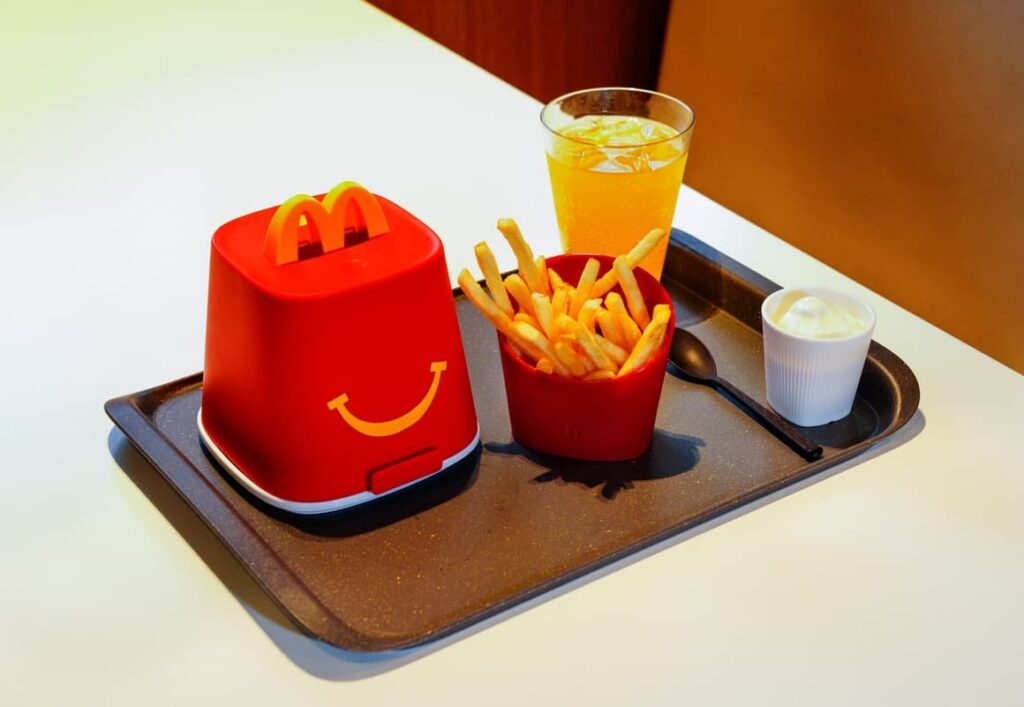77% of consumers expect more brands/retailers to offer 100% more sustainable packaging options.
We’re only a couple of months into 2023 and the circular economy is making a lot of progress – especially when it comes to reusing and legislation banning single-use plastics. Customers want more sustainable packaging options – and businesses are finally giving it to them. A survey found 77% of consumers expect more brands/retailers to offer 100% more sustainable packaging options.
The UK is taking the lead globally in implementing legislation to ban single-use plastics, and the US is finally starting to catch up. This is a significant step towards a more sustainable future, and we can expect to see more countries and companies taking action to reduce their environmental impact.
- Paris bans the use of disposable plates, cutlery and cups in fast-food restaurants for guests dining on site
In March 2022, France passed legislation to ban all single-use packaging for dine-in, and last month, the law was finally put into effect.
Any restaurant with more than 20 seats will have to provide reusable, washable cups, plates, dishes and cutlery for customers dining in. The law applies only to tableware used by customers sitting down in restaurants. Anyone ordering takeaway will continue to receive single-use packaging, but the hope many French environmentalists have is that single-use takeaway could be changed in the future.
2. McDonald’s France introduces reusable packaging
McDonald’s and other food chains have been making changes to their packaging to adhere to new rules. Last year, the company shared plans to reduce its negative environmental impact. In light of France’s ban on disposable foodware for on-site dining, McDonald’s France introduced reusable packaging, showing that even big corporations can adapt to the circular economy.

3. Germany requires all takeout food to be served in reusable containers
Germany is leading the way when it comes to the circular economy, with a new law requiring all takeout food to be serviced in reusable containers. This is a significant step towards reducing single-use plastics and waste.
4. Los Angeles is on its way to becoming a zero-waste city
The city of Los Angeles is taking its commitment to zero-waste seriously. In December of 2022, the Los Angeles city council passed a law banning the distribution and sale of polystyrene products – commonly referred to as Styrofoam. Polystyrene is a notorious pollutant that does not decompose but instead, breaks down into microplastics. Can you imagine the impact that would be made if every city in the world did the same thing? Less trash, cleaner cities.
5. Coors Light has ditched the traditional 6-pack plastic rings in favor of eco-friendly alternatives. This small change has a big impact, reducing the amount of plastic waste that ends up in landfills and the ocean.
Coors Light has ditched the traditional 6-pack plastic rings in favor of eco-friendly alternatives. This small change has a big impact, reducing the amount of plastic waste that ends up in landfills and the ocean.
6. Kraft says goodbye to Shake ‘N Bake plastic packaging
Kraft said goodbye to Shake ‘N Bake plastic packaging, making the iconic food product more sustainable. Customers can now enjoy Shake ‘N Bake without plastic waste. Consumers are encouraged to shake using reusable containers as the vessel for adding the extra layer of crunch to their favorite recipes. With this initiative, Kraft will save 900,000 pounds of plastic waste annually.
7. Pepsi introduces a new goal to scale reusable packaging options
PepsiCo has introduced a new goal to scale reusable packaging options, doubling down on its commitment to reducing plastic waste. This is a significant step towards a more circular economy, and other companies should follow suit. PepsiCo will continue working with multiple partners to develop new infrastructure to support reuse and refill models.
8. A new Portland-based meal delivery goes zero waste
The Minnow PDX is Portland’s newest meal delivery service. The farm-fresh meal kits are served in reusable containers and insulator bags. Most meal delivery aims to reduce food waste – but fails to acknowledge packaging waste. The Minnow keeps that in mind by eliminating the waste from the start and even delivering meal kits by bike.

9. Circular systems boost Minnesota’s Economic Conditions
Circular systems in Minnesota have boosted the state’s economic conditions by creating new jobs and reducing waste. This shows that the circular economy can protect the environment and be good for the economy.
More and more companies are piloting reuse programs with governments taking action to implement regulations banning single-use plastics.
But reuse won’t be easy until it’s everywhere. The challenge that many consumers are facing at this moment in the reuse industry is that sustainable options are not available everywhere. Consumers are having to code switch between the norm (i.e disposables) and the sustainable practices (i.e reusables) they want available to them.
Rather than giving consumers limited options to reuse, businesses should be making it the norm. It makes sense to make the switch. It’s easy, and cost-effective, and consumers want it – so why are so many companies being slow to the punch?
Get ahead. Be bold, reuse and start making a change within your business – schedule a call with our sales team today and let’s start reusing!
